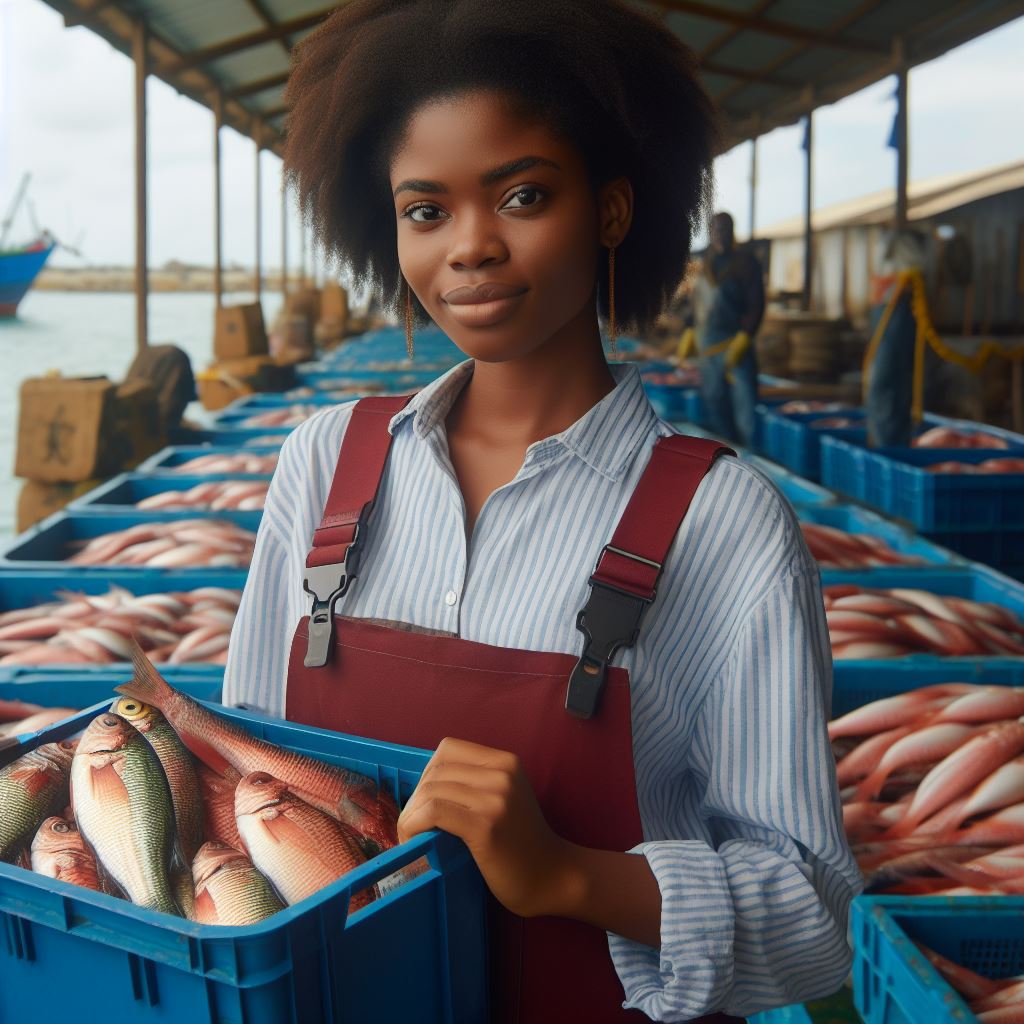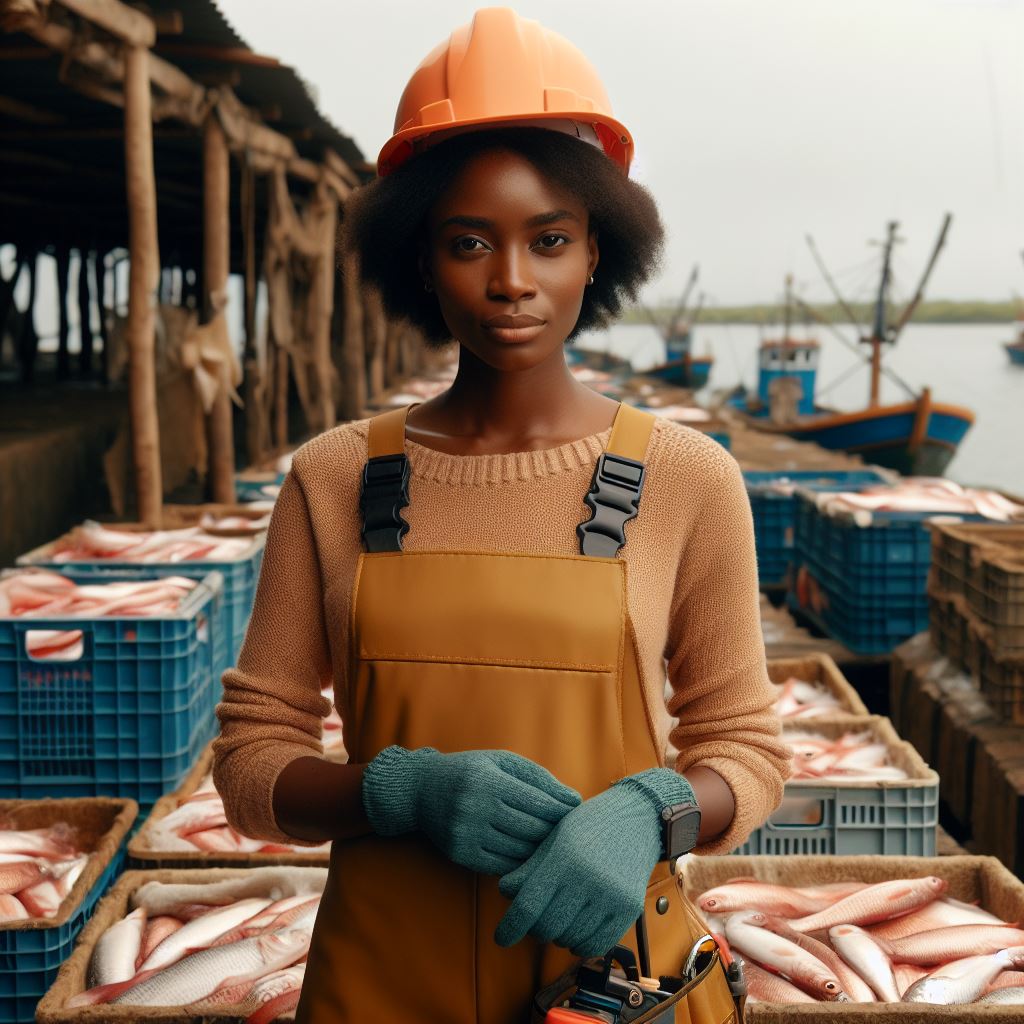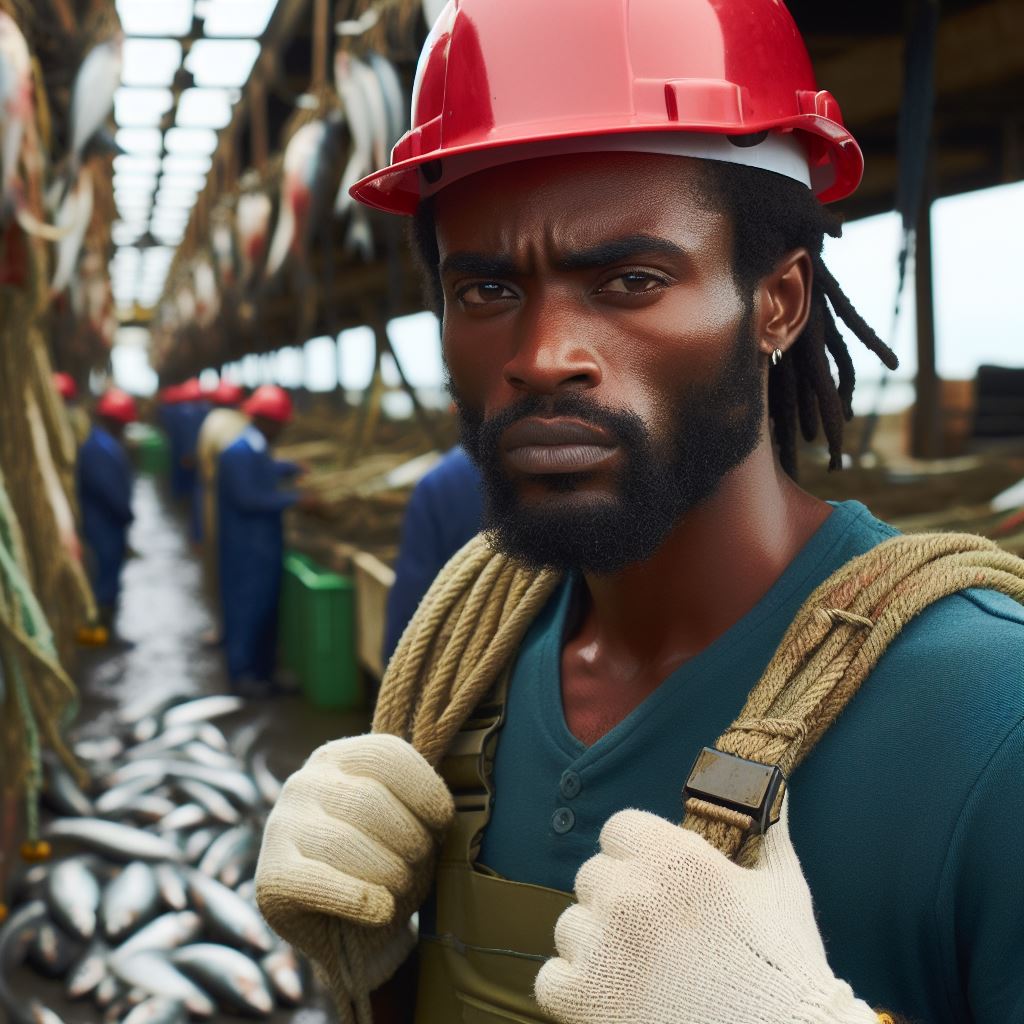Introduction
Fisheries education is crucial for the sustainable management and conservation of fish populations.
It plays a significant role in training individuals to understand the complexities of the fishing industry and address its challenges.
There is an ongoing debate about whether local or international fisheries education is more effective in meeting the needs of the industry.
Fisheries education holds great importance as it equips individuals with the knowledge and skills needed to manage marine resources responsibly.
It helps in understanding the ecological, economic, and social aspects of fisheries, enabling graduates to contribute to sustainable fishing practices.
Without proper education, the fishing industry may face overfishing, habitat destruction, and depletion of fish stocks.
The debate regarding local versus international fisheries education revolves around the curriculum, perspectives, and suitability to the local context.
Some argue that local education is more effective as it focuses on specific fisheries issues and takes into account local culture and practices.
On the other hand, proponents of international education believe that a broader perspective is crucial to tackle global challenges and to exchange knowledge and best practices.
Both local and international fisheries education have their merits, and a combination of both approaches may provide a well-rounded education for fisheries professionals.
It is important to strike a balance between local knowledge and global perspectives to ensure sustainability and adaptability in the ever-changing fishing industry.
In the upcoming sections, we will explore the strengths and weaknesses of local and international fisheries education, the challenges faced by each approach, and potential strategies to enhance fisheries education for a more sustainable future.
Read: Scope and Importance of Fisheries in Nigerian Economy
Local Fisheries Education
Local fisheries education in Nigeria provides a comprehensive understanding of the country’s fisheries industry.
The curriculum and courses offered in this field equip students with practical knowledge and skills.
Overview of Local Fisheries Education in Nigeria
Local fisheries education in Nigeria focuses on various aspects of the fishing industry, including fish biology, aquaculture, fish processing, and fishery management.
It aims to train students to become competent professionals in the field.
Description of the Curriculum and Courses Offered
The curriculum of local fisheries education consists of both theoretical and practical components.
Students learn about fish anatomy, physiology, and behavior.
They also gain knowledge of ecological principles and conservation techniques.
Courses on aquaculture provide insights into fish farming techniques, hatchery management, and disease control.
Students also study fish processing and preservation methods to ensure proper handling and storage of fish products.
Strengths and Weaknesses of Local Fisheries Education
One major strength of local fisheries education is its emphasis on hands-on training, which enables students to develop practical skills needed in the industry.
The curriculum also incorporates local environmental challenges, ensuring graduates are well-prepared for real-world scenarios.
However, a weakness of local fisheries education is the limited exposure to international fishing practices and advancements.
This restricts students’ knowledge and potentially hinders their competitiveness in the global fisheries job market.
Examples of Local Institutions Offering Fisheries Education
Several institutions in Nigeria offer fisheries education, including the Federal University of Agriculture and the Nigerian Institute for Oceanography and Marine Research.
These institutions provide specialized programs and research opportunities in fisheries.
Possible Career Opportunities and Job Prospects
Local fisheries education opens doors to various career opportunities.
Graduates can work as fishery managers, aquaculture researchers, fishery inspectors, or fish processing plant managers.
They can also become entrepreneurs in the fisheries industry.
With Nigeria’s large coastline and abundant aquatic resources, there is a constant demand for skilled fisheries professionals.
Job prospects are promising, both in government institutions and private organizations involved in fisheries and aquaculture.
Read: Postgraduate Opportunities in Fisheries in Nigeria
International Fisheries Education
- International fisheries education programs: International fisheries education programs aim to provide students with a global perspective on fisheries management and conservation.
- Curriculum and courses offered with local education: International fisheries education programs offer a broader range of courses, including international policy, aquaculture, and marine biology, compared to local education programs that focus on regional issues.
- The advantages and potential drawbacks of international fisheries education: The advantages of international fisheries education include exposure to diverse perspectives, networking opportunities, and access to state-of-the-art research facilities. However, potential drawbacks include high tuition fees and the need for cultural adaptation.
- Examples of renowned institutions offering international fisheries education: Some renowned institutions offering international fisheries education include the University of British Columbia in Canada, the Norwegian University of Science and Technology, and the University of Tokyo in Japan.
- The career opportunities and job prospects for international fisheries graduates: International fisheries graduates have a wide range of career opportunities, including fisheries management, research, consultancy, and policy-making. Job prospects are promising due to the increasing global demand for sustainable fisheries.
Read: Nigerian Fisheries Graduates: Making a Global Impact

Comparison between Local and International Fisheries Education
In this section, we will analyze the differences and similarities in curriculum and courses offered, compare teaching methodologies and facilities available, discuss the level of exposure and global perspective, examine the cost and accessibility, and consider the impact of cultural and environmental factors on both local and international fisheries education options.
Curriculum and Courses Offered
- Local fisheries education programs typically have a more localized focus, with an emphasis on regional fish species and management techniques.
- International fisheries education programs offer a broader curriculum that covers a wider range of fish species and management strategies globally.
- Local programs may have a higher emphasis on traditional fishing practices and cultural aspects.
Teaching Methodologies and Facilities Available
- Local fisheries education programs often rely on traditional teaching methods, such as lectures and field trips to local fishing communities.
- International fisheries education programs utilize a variety of teaching methods, including hands-on practical training and collaborations with research institutions and industry professionals.
- International programs generally have access to state-of-the-art research facilities and equipment.
Level of Exposure and Global Perspective
- Local fisheries education programs provide students with a deep understanding of regional fisheries issues and challenges.
- International fisheries education programs offer a global perspective, giving students exposure to different fishing practices, management strategies, and conservation efforts worldwide.
- International programs often have exchange programs or internships with partner institutions in different countries to enhance students’ global exposure.
Cost and Accessibility
- Local fisheries education programs tend to be more affordable, making it accessible to a wider range of students.
- International fisheries education programs can be more expensive due to additional costs such as travel and accommodation.
- Accessibility to international programs may be limited to students with financial means or scholarships.
Impact of Cultural and Environmental Factors
- Local fisheries education programs integrate cultural practices and traditions, fostering a sense of pride and heritage.
- International fisheries education programs expose students to different cultural perspectives, promoting cross-cultural understanding and collaboration.
- Environmental factors vary significantly between local and international programs, with local programs focusing on specific regional ecosystems and international programs offering a broader understanding of global environmental challenges.
Basically, local and international fisheries education programs have their unique strengths and offerings.
Local programs provide a deep understanding of regional fisheries management, while international programs offer a broader global perspective.
The choice between the two depends on students’ career goals, financial means, and their desire for a more localized or global approach to fisheries education.
Read: Connecting Theory and Practice: Fisheries Internships
Transform Your Career with Expert Guidance
Get personalized mentorship consulting that’s tailored to your unique path. Our expert advice is actionable and exclusive.
Get StartedConclusion
This blog post highlighted the differences between local and international fisheries education programs.
We discussed the advantages and disadvantages of each, emphasizing the importance of choosing the right program based on individual preferences and goals.
It is crucial for readers to weigh the pros and cons before making a decision.
In fact, local fisheries education in Nigeria offers a comprehensive curriculum with a focus on practical skills.
While it provides students with a solid foundation in the local fisheries industry, there is a need to incorporate global perspectives to enhance competitiveness in the international job market.
Continuous research and development are essential in improving fisheries education in Nigeria and ensuring its relevance in the field.
By staying updated and informed, individuals can contribute to the growth and development of the fisheries sector.




